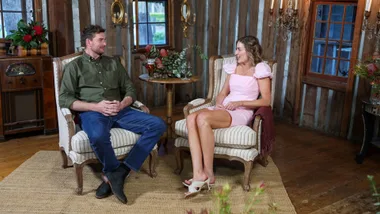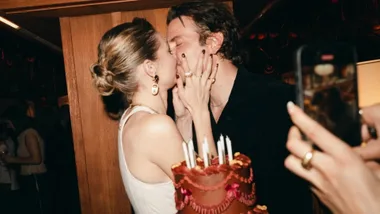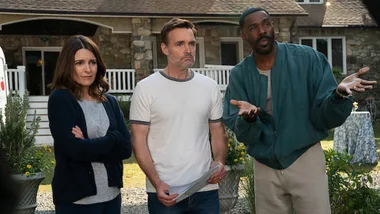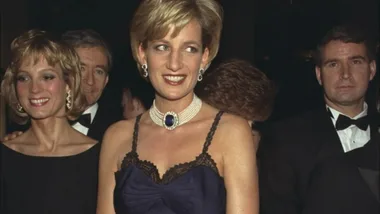When we’re going for a new job, we tend to spend so much time focusing on the actual interview, that we walk out of there, breathing a sigh of relief thinking our work is done… But sometimes we forget that what we do after the interview can be just as important. Here we weigh up the dos and don’ts of how to send a follow-up email after a job interview and how to write the perfect thank you letter.
Why send a follow-up or thank you letter?
In business, as in life, a simple thank you can mean so much – and simply put, it’s just good manners. Time is precious and it shows that you appreciate the opportunity and appreciate them giving you their time.
When going for a job, thank you letters or interview follow-ups can be extremely beneficial if done correctly; helping to keep you top of the interviewer’s mind as well as reminding them why you are the best person for the job. And if done really well, giving them that final push they need to select you for the role.
But there are a few things to remember when drafting the email.
RELATED: The 10 Most Stressful Jobs Of 2018
The don’ts of interview follow-ups
A simple thank you is not enough, while it seems the polite thing to do and will help keep you top of the employer’s mind, its actually a waste of their time and yours if you are not adding any more value.
Something along the lines of, “Thank you for your time, it was a pleasure meeting with you and I look forward to hearing more about the role…” for example, does little to remind them why you are the best person for the job, it merely says you are ticking a box by sending a follow-up but haven’t really given it much thought.
The Dos of interview follow-ups
An interview follow-up done well, builds on the conversation you had in the interview, and even better if you touch on something they mentioned to show you took in everything they were saying – showing off your attention to detail – and then tying this into your own skill set and how you would add value to their organisation and thus why you would be perfect for the role.
Then conclude with your excitement over the role and opportunity.

Things to remember when drafting the perfect interview follow-up:
- What is the best way to send a follow-up?
While once upon a time a good old-fashioned letter in the post would have been the preferable option, these days email is generally considered the best form of communication and so this is more than acceptable. And by the time a letter is delivered in the post the hiring decision could already be made.
That said, if you are working in an industry where hand-written notes are common place and you feel this would be preferred by your potential employer, then by all means take this option – but just pick one don’t do both.
- Who to send it to?
Ideally, you should personalise, so if you met with multiple interviewers then send them their own, and change them slightly so they do not receive a carbon copy.
However, some interviewers do not appreciate being “spammed” or contacted directly, so it can be a good rule of thumb to ask for their business cards at the conclusion of the interview so they are in effect giving you permission to contact them.
Alternatively, you can always send it to the HR or recruitment contact you do have and ask them to pass it on.
- When to send your follow-up
Aim to send the email within 24 hours after your interview, however, don’t send it immediately after you walk out the door (but it is a good tip to take notes straight away so you do have all the things you discussed fresh in your mind).
Next day is usually ideal as this shows you have spent time going over the interview and also gives you time to personalise your response.
Also, don’t wait too long to send it either, by waiting much more than 2 days the decision could already be made.
- Tailor your letter to them
If the interview was very formal, keep the tone of your follow-up formal, but if it was relaxed and warm, draft your email accordingly (while always keeping it professional).
- Address any concerns they might have expressed or anything you didn’t get a chance to say
This can be your last opportunity to dispel any doubts they might have had over you, so if there were any specifics that came up in the interview, remind them why you are perfect for the role (without reciting your entire resume).
This can also be the opportunity to say something you might have missed in the interview or didn’t get a chance to, but again don’t go overboard.
- Keep it brief
Don’t make the letter too long that they don’t read the whole thing. Keep it succinct and to a few short paragraphs and then let them know that you are available for a call for more information or follow up if they require it.
- Will you get a response back?
This really comes down to the individual organisation so don’t be discouraged if you don’t get a response.
- Will a thank you note seal the deal?
Not usually, but it will help to show them what they will get if they do give the job to you.
And if the decision comes down to you and one other candidate, it might just help get you over the line. So if a few minutes spent drafting an email can help your chances, it’s worth a try.










